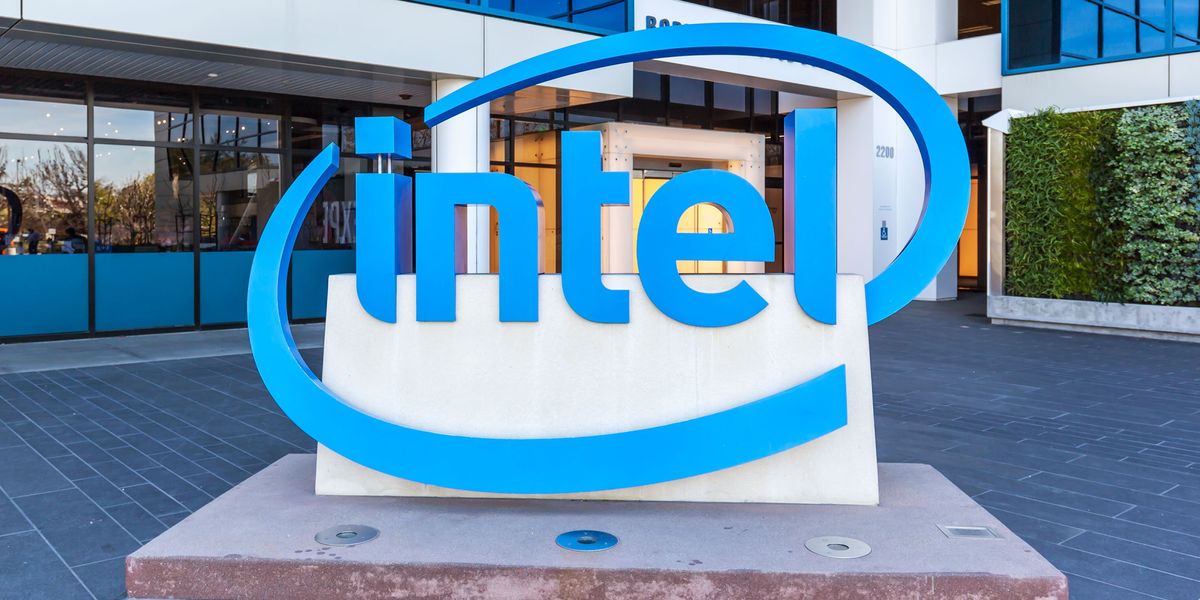Will more funding be needed to keep Intel competitive?
On 1 August 2024, Intel announced financial results for the second quarter of 2024. They weren’t pretty; the company’s stock dropped more than 25 percent as it announced an aggressive plan to cut costs, including layoffs that will impact 15 percent of its entire workforce.



the curve is firmly set by Taiwan, Intel is playing catch up at best.
Intel is just the right size to fail.
I don’t think that’s necessarily true.
“bet”, “next”, “will”, “if”, “plan”, “should”.
that’s a lot of faith to place in the unproven optimistically hypothetical next steps of a company way behind the firmly established innovation, dominance and reliability of TSMC semi fab.
Sure, but it’s also hard to bid against a company that we all know the US government is not going to let fail.
no bidding, it’s history.
Intel has been that big for decades and has been left in the dust by TSMC for decades.
the US has repeatedly invested in “too big to fail” companies and has been rewarded with recessions, housing crises, national credit demotion, crippling healthcare costs, and rampant inflation.
if it’s too big to fail, it’s too big to exist.